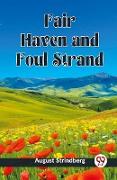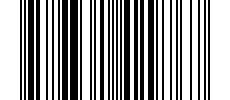¿Fair Haven and Foul Strand" is an ancient Drama, Psychological story book written by August Strindberg. This work of fiction, with its mixture of cerebral depth, first-rate narrative, and extremely good placing, famous Strindberg's grasp narrative ability. Fair Haven and Foul Strand is an engrossing story that allows you to have readers guessing lengthy once they've finished the final net web page. August Strindberg, recognized for his probes into the human psyche, tells a thrilling story set in a seashore village. The tale explores the complexities of human relationships, illustrating the interaction of passion, jealousy, and betrayal. Fair Haven and Foul Strand paints an in depth photo of small-city life, with its complex relationships and simmering conflicts below the floor.


